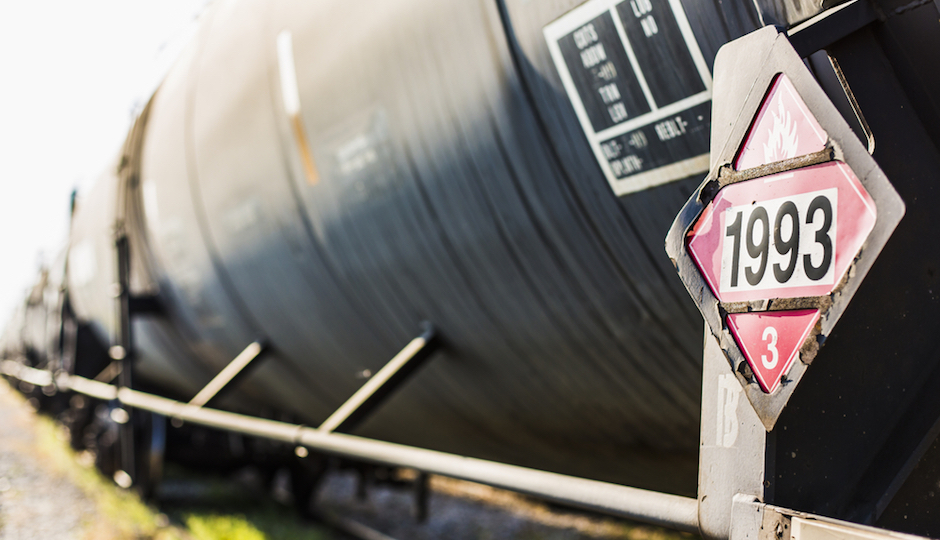Feds Urge Safety Upgrades for Oil Trains
The National Transportation Safety Board has recommended “aggressive” safety upgrades to tank cars that carry oil and ethanol by rail, following a series of disasters in recent years — and two Philadelphia derailments that raised concerns about the safety of residents here.
U.S. railroad cars used to haul oil should be upgraded or replaced within five years with sturdier models better able to prevent explosions after derailments, federal safety investigators said in a proposal made public Monday.
The National Transportation Safety Board called its proposal urgent in light of accidents in Illinois and West Virginia and two more in Canada this year that have highlighted the constant risks of carrying crude oil by train.
While the NTSB doesn’t have the power to impose new rules on railroads or energy companies, its recommendations could add pressure on President Barack Obama’s administration to toughen language in a regulation it’s writing that would raise standards for oil-tank rail cars. That proposed rule is scheduled to be completed by May.
AP:
If the Transportation Department decides it would take too long to retrofit the existing fleet with new protective features, it should consider significant speed restrictions on trains as an interim measure, the NTSB said in its recommendations.
The volume of flammable liquids transported by rail has risen dramatically over the past decade, driven largely by the oil shale boom in North Dakota and Montana. Since 2006, the U.S. and Canada have seen at least 23 oil-train accidents and 33 ethanol train accidents involving a fire, derailment or significant amount of fuel spilled, according to federal accident records reviewed by the AP.
The fleet of oil and ethanol tank cars is projected to top 115,000 cars by the end of 2015.
The safety of oil-carrying trains — known pejoratively by activists as “bomb trains” — has been of increasing concern in Philadelphia after two incidents over the last year: In the first, oil tankers on a train crossing the Schuylkill River derailed on the bridge; in the second incident — earlier this year — 11 cars from an 111-car train derailed in South Philly. The revival of the refineries at Philadelphia Energy Solutions has made the city a destination point for much of the crude oil coming out of the North Dakota region.



